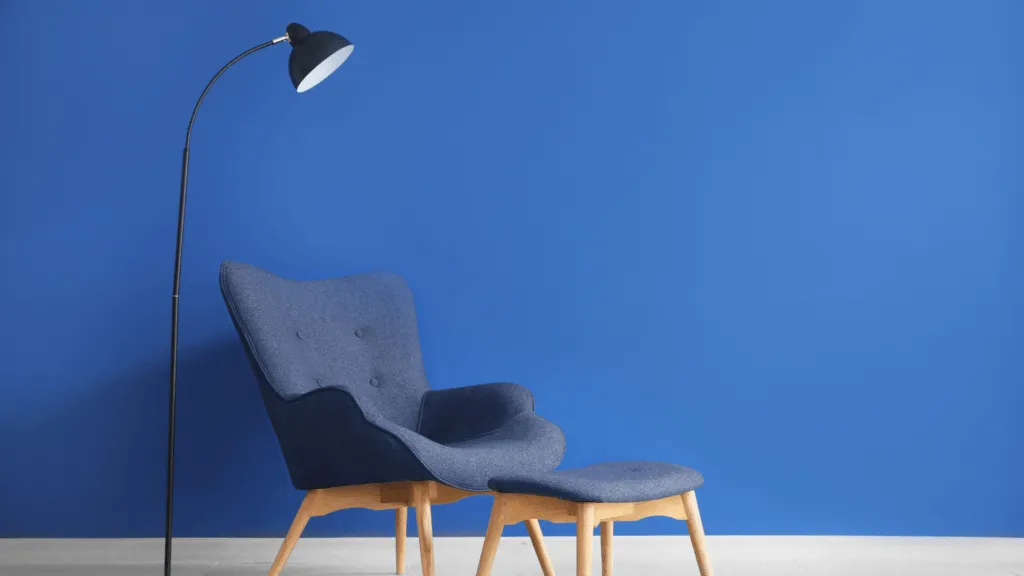Minimalism means limiting oneself to the essential and steering the focus away from material things. This should lead to more order, freedom and happiness in life. Minimalist living is defined differently by each person.
This is perfect, because it allows you to decide by yourself to what extent you want to adopt this lifestyle. In the following, you can read some good reasons for this popular lifestyle, as well as some tips about how you can integrate it into your everyday life.

Why is minimalism worth it?
Minimalism is also known as living a simple life. This title is not unjustified. These are some of the advantages of the simple lifestyle.
- Appreciation and gratitude
By directing all your attention to a few useful items, it is easier to appreciate them. Also, in other areas of life, minimalists describe that this lifestyle makes you feel more grateful for everyday items. - More happiness and organization in life
Most people know that minimalism means having an organized home and buying fewer things. But the lifestyle can be found in many more areas of daily life. The simple life is often portrayed in minimalism blogs and books as stress relief, a feeling of freedom and happiness. - Saving time
Fewer possessions go hand in hand with time savings. With less available clothing, the famous question “what to wear” can be answered much faster. Likewise, with less property, you spend significantly less time cleaning and tidying up and you can spend the hours you save more enjoyable instead. - Saving a lot of money
Since minimalism is designed to possess only essential objects, consumer behavior is changed and purchasing decisions are better thought through. This is very beneficial to the wallet!

How to become a minimalist?
There are many minimalism blogs for a minimalist lifestyle, as well as minimalism books such as those by Kyle Chayka, Joshua Becker, ‘The Minimalists’ (Joshua Fields Millburn and Ryan Nicodemus) that serve as guidelines. We have summarized a few tips for you in brief. In addition, we recommend you to get used to the new lifestyle step by step and to not give up if some points seem too difficult at first.
- Minimalist home
Would you like to get rid of unnecessary items but you do not know how to? Our tips for decluttering can help you with this. This can also be perfectly combined with spring cleaning, for example. Integrating the idea of minimalism into everyday life is usually a lot easier than you might think. In addition to simple interior design and decluttering, the focus lays also on the appreciation of existing belongings. This includes that everything is neatly in its place and that household tasks are done promptly. Here, it helps to directly complete all tasks that take less than three minutes. This reduces stress and allows more time for hobbies. - Simple living and minimalist design
Light wall colors and only a few color accents are best suited for a minimalist interior design. Plain wallpapers make the apartment look more spacious and tidy. Even simple natural elements such as wood, stones or plants provide the apartment with a pleasant and calm atmosphere. If you are into modern art, you might as well hang up some paintings from minimalist artists like Donald Judd or Agnes Martin. In addition to a simple wall design, a tidy floor is also essential for a neat interior and in order to create space. Baskets or boxes are ideal for storing small items. - Minimalist wardrobe
The Japanese cleaning consultant Marie Kondo gives numerous tips on how to organize your closet. You find those in her book ‘Spark Joy’. It is also advisable to set up a decision rule for decluttering your wardrobe. An example for this could be: If you did not wear the clothes last year, they will most likely not be used next year either and can therefore be decluttered. Sorted out clothes can be sold easily on Facebook marketplace, on eBay or at a garage sale. Donating clothes is a great way to part with old clothes and help others. - Minimalist shopping
Many people are familiar with the scenario that clothes are only bought for a specific occasion and then just remain in the closet. To prevent this from happening, changing your shopping behavior is all that you need to do. For such occasions it is worth borrowing clothes from friends or relatives or exchanging them for other rarely worn clothes via a clothes swap platform. For purchasing clothes, groceries and other products, it is advisable to create a shopping list beforehand. This way, you only buy what you really need and do not let yourself be tempted by special offers for impulse purchases. To find out which products to buy, you can ask yourself the following questions:- What benefits will the product provide?
- Will I get lucky by buying the product?
- Do I already own similar products?
- Can I make a DIY product using materials I already possess?
If these questions are answered before the next shopping tour, you will run less risk of spending too much money and buying unnecessary items.
- Digital detox
Digital minimalism means reducing your media consumption to the minimum. By living without – or with less – social media, you can overcome your phone addiction and spend more time with hobbies, friends and family. The total absence of smartphones, laptops, tablets and so on is difficult for most people and sometimes problematic, whether for professional reasons or for private life. Here it is suitable to reduce the media consumption step by step and to interact only with necessary social networks, Apps or Websites.

Alternative to minimalism
A good alternative for not separating from your objects too quickly and not regretting it afterwards is embracing minimalism on a trial basis. By that you can test for a self-chosen trial period whether you can get used to it. Another great way to experience minimalism is to live in a Tiny House during the holiday season.
However, since this only works if you don’t have your belongings permanently around you, you can store them in a Self Storage at BOXIE24 in the meantime. This is also suitable if you have already adapted to minimalism, but have some items that you only want to part with for a short time, but not forever.


